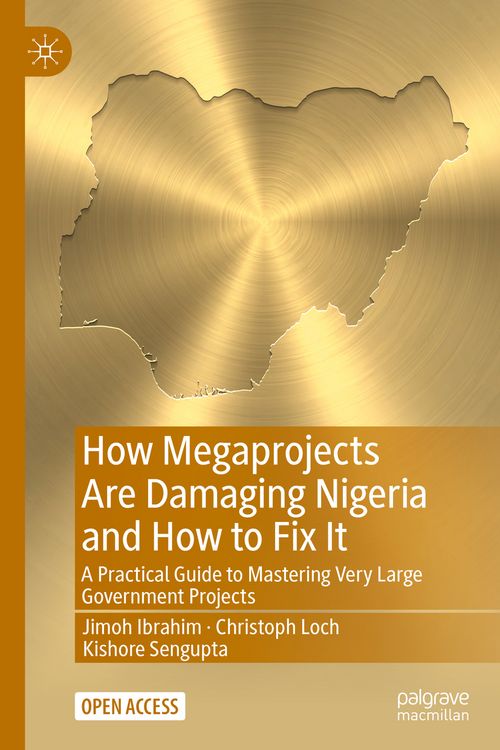How Megaprojects Are Damaging Nigeria and How to Fix It A Practical Guide to Mastering Very Large Government Projects
-
- Englisch ausgewählt
32,99 €
inkl. MwSt,
Lieferung nach Hause
Beschreibung
Details
Einband
Gebundene Ausgabe
Erscheinungsdatum
13.05.2022
Verlag
SpringerSeitenzahl
240
Maße (L/B/H)
24,1/16/2 cm
Gewicht
559 g
Auflage
1st ed. 2022
Sprache
Englisch
ISBN
978-3-030-96473-3
Since 1960, two-thirds of very large governmental projects in Nigeria have not only failed, but been abandoned mid-course. This presents a bigger failure rate than mega projects elsewhere, and yet there is no available data or analysis to help us understand the reasons behind such failures. This book provides an authoritative examination into why very large projects in Nigeria have failed so badly, and provides practical recommendations on how the Nigerian government can improve its project performance.
Drawing on data from 38 very large projects (19 completed and 19 abandoned) with a total budget of over $25B, this book presents detailed analysis of these projects and in-depth case studies 11 of the projects, and presents lessons for improvement. Through this, the authors have identified a small number of key success drivers, and argue that making moderate improvements on any of them would, on average, save hundreds of millions of dollars on one large project alone.
This book is a game-changer in the management of government mega projects in Nigeria. With clear implications for other developing economies, this is a vital resource for project management practitioners, executives and civil servants.
This is an open access book.
Unsere Kundinnen und Kunden meinen
Verfassen Sie die erste Bewertung zu diesem Artikel
Helfen Sie anderen Kund*innen durch Ihre Meinung
Kurze Frage zu unserer Seite
Vielen Dank für dein Feedback
Wir nutzen dein Feedback, um unsere Produktseiten zu verbessern. Bitte habe Verständnis, dass wir dir keine Rückmeldung geben können. Falls du Kontakt mit uns aufnehmen möchtest, kannst du dich aber gerne an unseren Kund*innenservice wenden.
zum Kundenservice
